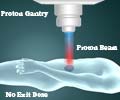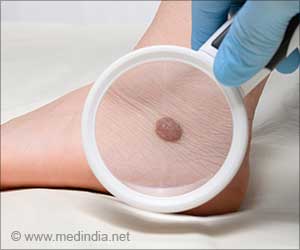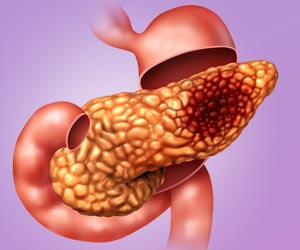Scientists from the US have said that they have discovered that mice lose as much as 39 percent of the spongy portion of their inner bone after receiving radiation.
The scientists from the Clemson University have said one therapeutic dose of radiation resulted in mice losing up to 64% of their bone's weight bearing capacity.
Research in US have indicated, in a study appears in the online edition of the Journal of Applied Physiology that mice that has received a single therapeutic dose of radiation, which could be compared to a single dose of radiation received by human cancer patients lost as much as 39% of the spongy portion of their inner bone.It was explained by the scientists that this study could have very important implications for patients who were receiving radiation therapy, as well as for astronauts travelling on long space flights. The lead researcher Ted Bateman said, "We were really surprised at the extent of bone loss, we're seeing bone loss at much lower doses of radiation than we expected."
Bateman explained that though the results of the study cannot be directly applied to humans, he said both mice and humans lose bone after radiation exposure, so the results should be considered as a warning. He stated that it was reported in the Journal of the American Medical Association that the post-menopausal women who had received pelvic radiation for cervical and colorectal cancer suffer from an 60% increase in the risk for bone fracture. He also noted that radiation following anal cancer increased the risk of fracture by 200%.











